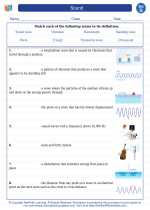Reproductive Organs
The reproductive organs, also known as the genitalia, are the anatomical structures involved in sexual reproduction. In humans, the reproductive system includes both internal and external organs.
Male Reproductive Organs
- Testes: These are the primary male reproductive organs that produce sperm and the hormone testosterone.
- Epididymis: A coiled tube where sperm are stored and matured.
- Vas Deferens: A long tube that carries sperm from the epididymis to the urethra.
- Prostate Gland: Produces a fluid that nourishes and protects the sperm.
- Penis: The male organ for sexual intercourse and the passage for urine.
Female Reproductive Organs
- Ovaries: These are the primary female reproductive organs that produce eggs and the hormones estrogen and progesterone.
- Fallopian Tubes: Tubes through which eggs travel from the ovaries to the uterus. This is also the site of fertilization.
- Uterus: A muscular organ where a fertilized egg implants and develops into a fetus.
- Vagina: The female organ for sexual intercourse and the passage for menstrual flow and childbirth.
Study Guide
To study reproductive organs, it's important to understand the functions of each organ, the process of gamete production (sperm in males and eggs in females), and the events involved in sexual reproduction. Additionally, understanding the role of hormones in regulating the reproductive system is crucial.
Key topics to cover include the menstrual cycle in females, the process of spermatogenesis in males, and the mechanisms of fertilization and pregnancy. It's also important to be familiar with common reproductive health issues and the significance of contraception and family planning.
.◂Science Worksheets and Study Guides Seventh Grade. Sound
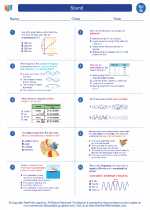
 Worksheet/Answer key
Worksheet/Answer key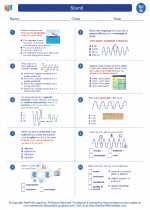
 Worksheet/Answer key
Worksheet/Answer key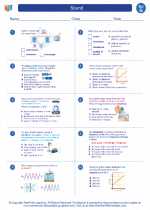
 Vocabulary/Answer key
Vocabulary/Answer key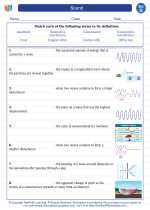
 Vocabulary/Answer key
Vocabulary/Answer key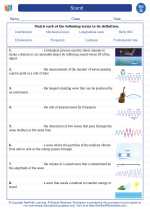
 Vocabulary/Answer key
Vocabulary/Answer key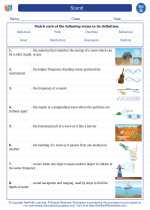
 Vocabulary/Answer key
Vocabulary/Answer key